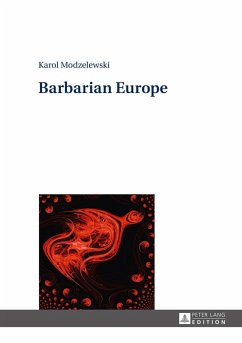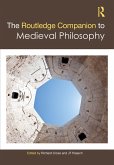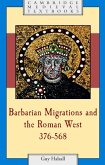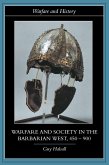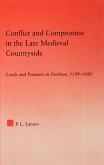European culture has been greatly influenced by the Christian Church and Greek and Roman culture. However, the peoples of Europe's remote past, whom the Greeks, Romans, and their medieval heirs called the «barbarians», also left their mark. Closely examining ancient and medieval narratives and the codifications of laws, this thoughtfully conducted comparative study sheds light on the illiterate societies of the early Germanic and Slavic peoples. The picture that emerges is one of communities built on kinship, neighborly, and tribal relations, where decision making, judgement, and punishment were carried out collectively, and the distinction between the sacred and profane was unknown.
Dieser Download kann aus rechtlichen Gründen nur mit Rechnungsadresse in A, B, BG, CY, CZ, D, DK, EW, E, FIN, F, GR, HR, H, IRL, I, LT, L, LR, M, NL, PL, P, R, S, SLO, SK ausgeliefert werden.
«Anyone wrongfully believing that the history of the Early Middle Ages is not pertinent for understanding who we are, where we come from and where we are going should hastily be sentenced to three weeks of immense joy while reading this outrageously important book.» (Karen Schousboe, Medieval Histories)

